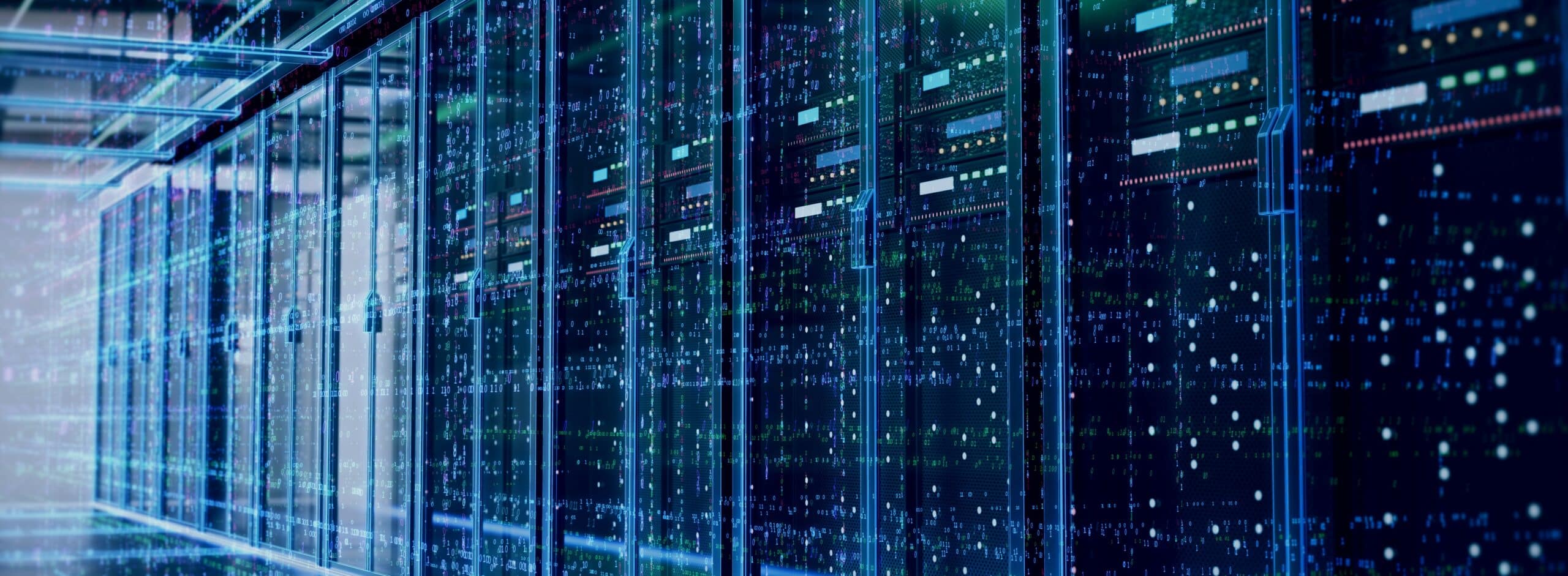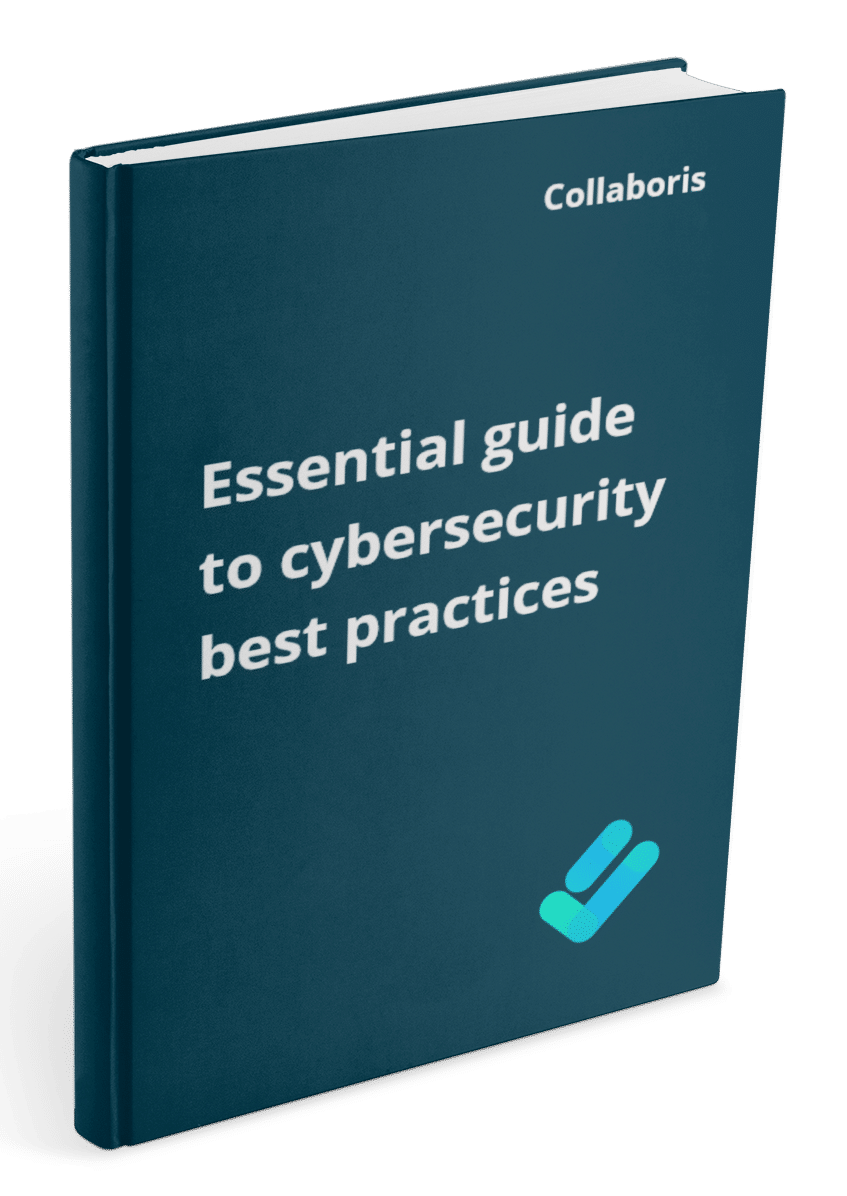Policy Approval Workflow Automated policy approval workflows offer several benefits that can significantly enhance ...
Cybersecurity best practices : Wi-Fi and Network security

The Risks of Unsecured Wi-Fi Networks
Connecting to unsecured Wi-Fi networks can pose significant risks to your online security. It is crucial to understand these risks and prioritize the use of secure, encrypted connections.
Unsecured Wi-Fi networks lack the necessary safeguards to protect your sensitive information from potential threats. When you connect to such networks, hackers and cybercriminals can easily intercept your data, including passwords, financial details, and personal information. This puts you at a high risk of identity theft, fraud, and other malicious activities.
Importance of Secure, Encrypted Connections
To mitigate these risks, it is essential to use secure, encrypted connections whenever possible. Secure connections, such as those protected by WPA2 or WPA3 encryption protocols, ensure that your data remains confidential and inaccessible to unauthorized individuals. By encrypting your connection, you create a secure tunnel through which your information travels, making it extremely difficult for hackers to intercept or decipher.
When connecting to public Wi-Fi networks, always verify that they are secured with encryption before accessing any sensitive information or conducting online transactions. Look for network names (SSIDs) that include terms like "secure" or "encrypted." Additionally, consider using a virtual private network (VPN) to add an extra layer of security to your online activities.
A VPN, or Virtual Private Network, is a technology that allows users to create a secure and encrypted connection over a public network such as the internet. By using a VPN, individuals can protect their online privacy and security by masking their IP address and encrypting their internet traffic. This ensures that their data remains private and inaccessible to hackers or other malicious entities. Additionally, a VPN can be used to bypass geographical restrictions and access content that may be blocked in certain regions. Overall, a VPN provides users with a secure and private browsing experience, making it an essential tool for anyone concerned about their online privacy and security.
By understanding the risks associated with unsecured Wi-Fi networks and prioritizing secure, encrypted connections, you can significantly enhance your online security and protect your valuable personal information from falling into the wrong hands. Stay vigilant and make informed choices when connecting to Wi-Fi networks to safeguard your digital well-being.

Get your free cybersecurity best practices guide
This eBook contains all 10 posts in our cybersecurity series in one handy downloadable guide so you can read it at your leisure.
Other posts in this series:
You may also like:
January 17, 2025
January 7, 2025
Creating policy review reminders in Office 365 You might want to set up a ...
December 19, 2024
Podcast: Implementing effective healthcare procedures Implementing effective healthcare procedures is an ongoing process. It ...
December 19, 2024
Podcast: 10 Powerful Strategies for Employee ComplianceOrganizations face challenges in ensuring employee compliance with ...
December 8, 2024
AI Warns About Itself: How I Asked AI to Create a Podcast on the ...
November 4, 2024
Benefits of writing SOP's In any organization, standard operating procedures (SOPs) are critical to ...
